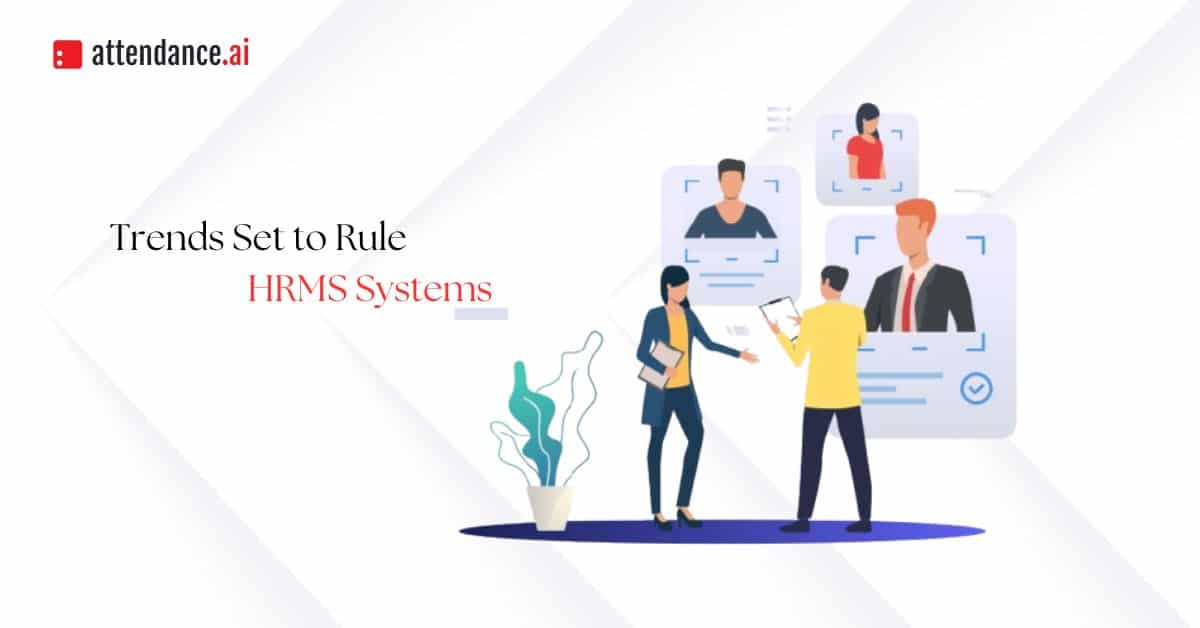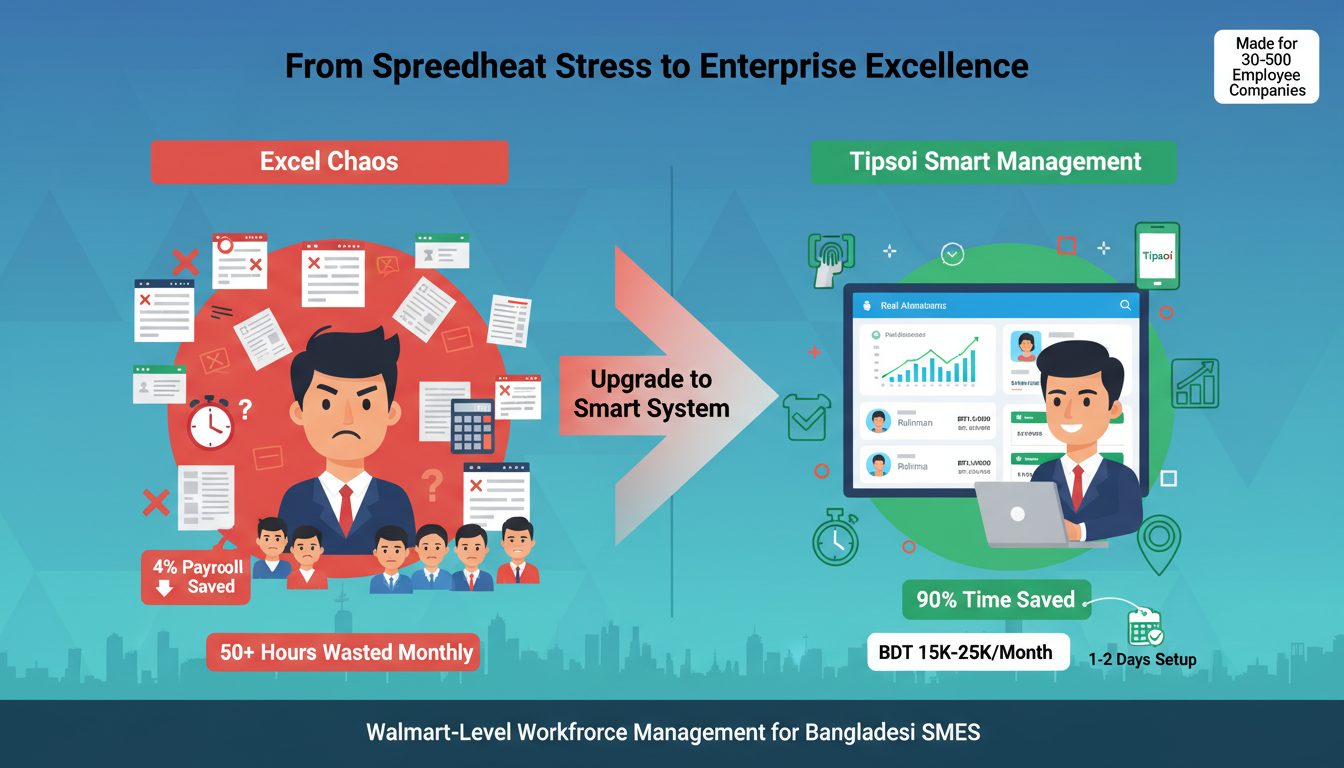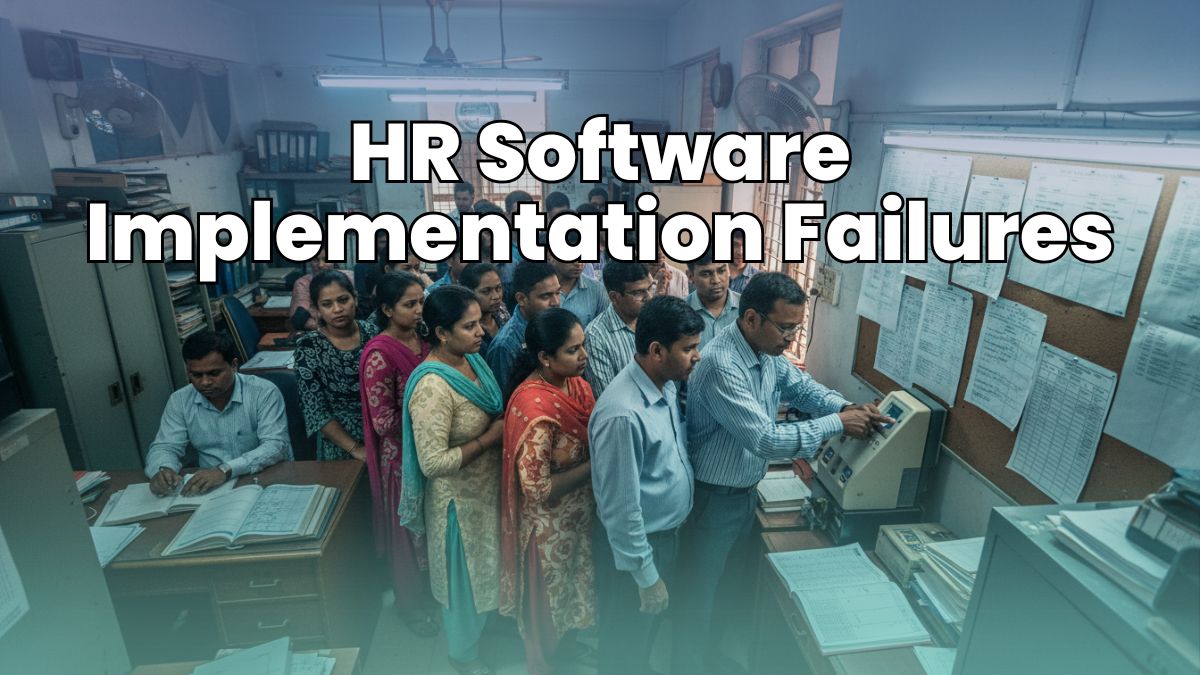The world of Human Resource Management Systems (HRMS) is changing. Fast. By 2025, new trends will shape how HRMS systems work. Let’s explore these trends and what they mean for businesses.
1. Increased Automation
Automation is becoming more common in HRMS systems. Tasks that used to be manual are now automatic. This change saves time and reduces errors. For example, payroll processing can be automated. This means no more manual calculations. Employees get paid on time, every time.
2. Artificial Intelligence (AI) Integration
AI is a big part of the future. HRMS systems will use AI to improve many areas. AI can help with recruiting. It can scan resumes quickly. It can find the best candidates fast. AI can also help with employee management. It can track performance and suggest improvements.
3. Employee Self-Service
Employees want to do more on their own. HRMS systems will offer more self-service options. This means employees can update their information. They can check their pay stubs. They can request time off. All without needing to ask HR. This saves time for everyone.
4. Mobile Access
People use their phones for everything. HRMS systems will be more mobile-friendly. Employees can access HRMS from their phones. They can check their schedules. They can update their details. They can even apply for jobs. All from their mobile device.
5. Enhanced Data Security
Data security is crucial. HRMS systems hold sensitive information. By 2025, security measures will be even stronger. This means better protection against data breaches. Employees can trust that their information is safe.
6. Advanced Analytics
Data is powerful. HRMS systems will use advanced analytics. This helps HR make better decisions. For example, analytics can show patterns in employee turnover. HR can use this data to improve retention. Analytics can also help with performance reviews. HR can see who is excelling and who needs help.
7. Focus on Employee Wellness
Employee wellness is important. HRMS systems will include wellness features. This can track health data. It can offer wellness programs. It can even provide mental health support. Healthy employees are happy employees. This means better work performance.
8. Cloud-Based Solutions
Cloud technology is growing. HRMS systems will use cloud-based solutions. This means data is stored online. It is accessible from anywhere. This is great for remote work. It also means updates happen automatically. No more manual updates.

Credit: www.aihr.com
9. Customizable Features
Every business is different. HRMS systems will offer more customization. This means businesses can choose the features they need. They can tailor the system to fit their needs. This makes HRMS more effective.

Credit: www.paycom.com
10. Integration with Other Tools
HRMS systems will integrate with other tools. This means they will work with software like accounting systems. It will also integrate with communication tools. This makes everything work together smoothly. No more switching between different programs.
Frequently Asked Questions
What Are The Top Hrms Trends In 2025?
AI integration, remote work support, and employee wellness programs will dominate HRMS trends in 2025.
How Will Ai Impact Hrms In 2025?
AI will streamline recruitment, automate tasks, and provide data-driven insights for better decision-making.
Is Remote Work Support Crucial For Hrms?
Yes, supporting remote work is vital. It ensures productivity and flexibility for employees working from anywhere.
What Role Does Employee Wellness Play In Hrms Trends?
Employee wellness programs in HRMS enhance productivity, reduce stress, and improve overall job satisfaction.
Conclusion
The future of HRMS systems is exciting. Automation, AI, and mobile access will change how we work. Enhanced security and advanced analytics will improve decision-making. Employee wellness and cloud-based solutions will make work better. Customizable features and integration with other tools will make HRMS systems more efficient. By 2025, these trends will shape the HR world. Stay ahead by understanding these changes. Prepare for a new era in HRMS.








